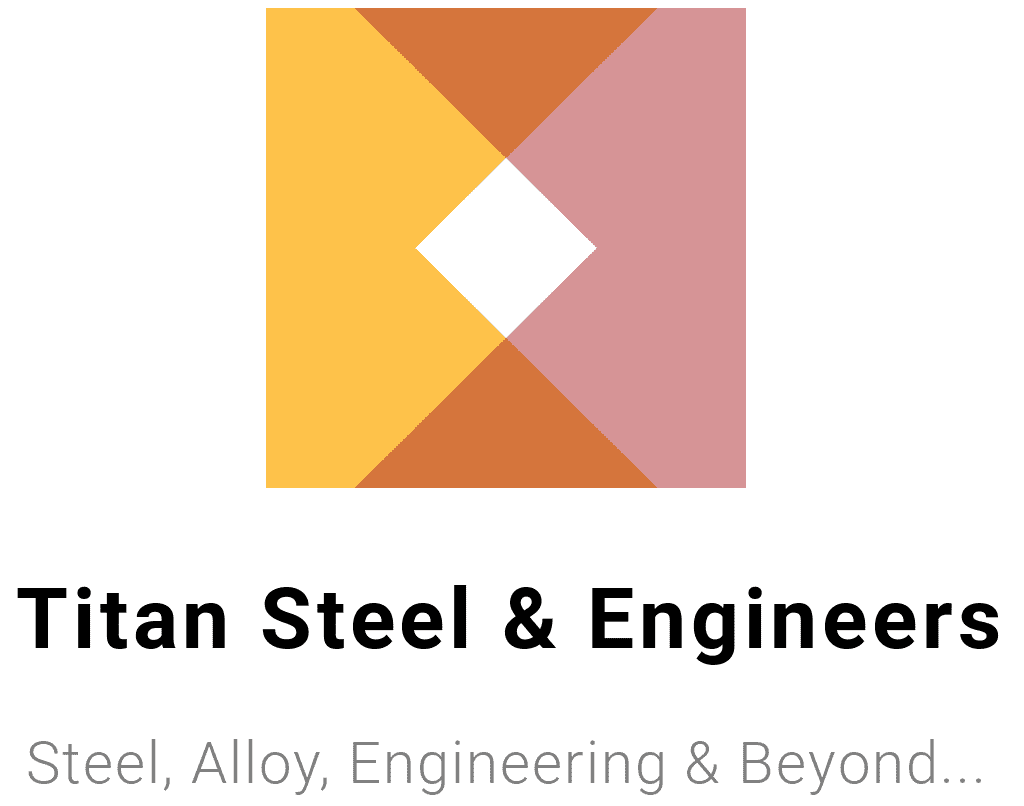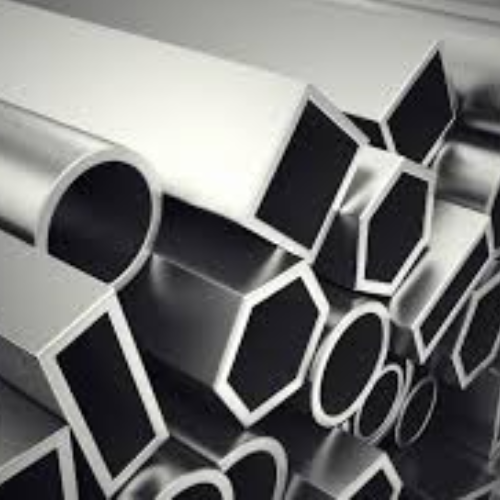Steel: Comprehensive Guide on Applications, Grades, and Uses
Steel is one of the most versatile and widely used materials in the world. It is an alloy primarily composed of iron and carbon, with various other elements to enhance its properties. Steel’s unique combination of strength, durability, and versatility makes it an essential material for numerous industries, including construction, automotive, shipbuilding, energy, and manufacturing.
In this guide, we will explore different steel grades and their applications, helping you understand which type of steel is ideal for your specific requirements.
What is Steel?
Steel is an alloy made from iron and carbon, with other elements such as manganese, chromium, nickel, and molybdenum added to achieve different mechanical properties. The amount of carbon and other elements determines the steel’s strength, ductility, hardness, and corrosion resistance.
Steel Applications
Steel is used across a broad spectrum of industries, and its applications are endless. Below are some key industries where steel plays a critical role:
- Construction and Infrastructure
- Steel is used in building frameworks, bridges, pipelines, and reinforcing bars due to its tensile strength and durability. Structural steel grades like S355JR and S235JR are widely used in construction.
- Automotive Industry
- Steel forms the backbone of the automotive industry, with applications in body frames, engine components, and more. Advanced High Strength Steel (AHSS) and stainless steel grades like 304 and 316 are popular for automotive manufacturing.
- Shipbuilding
- Marine vessels and offshore platforms use steel for their structural elements. Grades like EH36 and DH36 are frequently used in shipbuilding due to their high impact resistance.
- Energy Sector
- Steel plays an essential role in the energy sector, particularly in the production of pipelines, pressure vessels, and wind turbine towers. ASTM A106 and API 5L pipes are commonly used in oil and gas transportation.
- Manufacturing and Machinery
- Various manufacturing sectors rely on steel for machinery, tools, and equipment. Grades like EN19, EN8, and C45 are known for their toughness and machinability.
- Aerospace
- Steel is crucial in aerospace applications where high strength and heat resistance are necessary. Stainless steel grades like 17-4PH are often used in aerospace engineering.
Common Steel Grades and Applications
Here’s a comprehensive table of steel grades and their respective applications:
| Grade | Type | Standard | Applications | Key Features |
|---|---|---|---|---|
| S235JR | Structural Steel | EN 10025-2 | Structural frameworks, bridges, buildings | Good weldability, high strength |
| S355JR | Structural Steel | EN 10025-2 | Construction, offshore platforms, heavy machinery | High tensile strength, good toughness |
| A36 | Carbon Steel | ASTM A36 | General construction, infrastructure, bridges | Cost-effective, good formability |
| A283 Grade C | Low Carbon Steel | ASTM A283 | Pressure vessels, structural applications | Good machinability, moderate strength |
| C45 | Medium Carbon Steel | EN 10083-2 | Gears, shafts, axles, bolts | High strength, good wear resistance |
| EN19 | Alloy Steel | BS 970 | High-stress components, gears, machinery | High tensile strength, wear resistance |
| EN8 | Carbon Steel | BS 970 | General engineering, axles, shafts | Medium strength, good machinability |
| P265GH | Pressure Vessel Steel | EN 10028-2 | Boilers, pressure vessels, heat exchangers | Good heat resistance, weldable |
| API 5L | Line Pipe Steel | API | Oil and gas pipelines, natural gas transportation | High corrosion resistance, toughness |
| A106 | Carbon Steel Pipe | ASTM A106 | High-temperature service, pipelines, refineries | High heat resistance, weldable |
| 304 | Stainless Steel | ASTM A240 | Food processing, chemical containers, automotive exhausts | Excellent corrosion resistance, formable |
| 316 | Stainless Steel | ASTM A240 | Marine applications, chemical plants, medical equipment | Superior corrosion resistance, heat resistance |
| EH36 | Shipbuilding Steel | ASTM A131 | Hull construction, shipbuilding | High impact resistance, toughness |
| DH36 | Shipbuilding Steel | ASTM A131 | Offshore platforms, heavy-duty marine applications | High tensile strength, durability |
| 17-4PH | Precipitation Hardening | ASTM A693 | Aerospace components, valves, gears | High strength, corrosion-resistant |
Key Properties of Steel
The properties of steel make it suitable for various demanding applications. Key properties include:
- Tensile Strength: Steel is known for its high tensile strength, making it ideal for structures subjected to heavy loads and stresses.
- Ductility: Steel can be easily formed and shaped without breaking, which is useful in manufacturing and construction.
- Corrosion Resistance: Stainless steel and alloy steel grades contain chromium, giving them excellent resistance to corrosion, especially in marine and chemical environments.
- Weldability: Many steel grades are easily weldable, making them highly versatile for fabrication and assembly.
- Heat Resistance: Certain steel grades, like those used in pressure vessels and refineries, can withstand high temperatures without losing strength.


